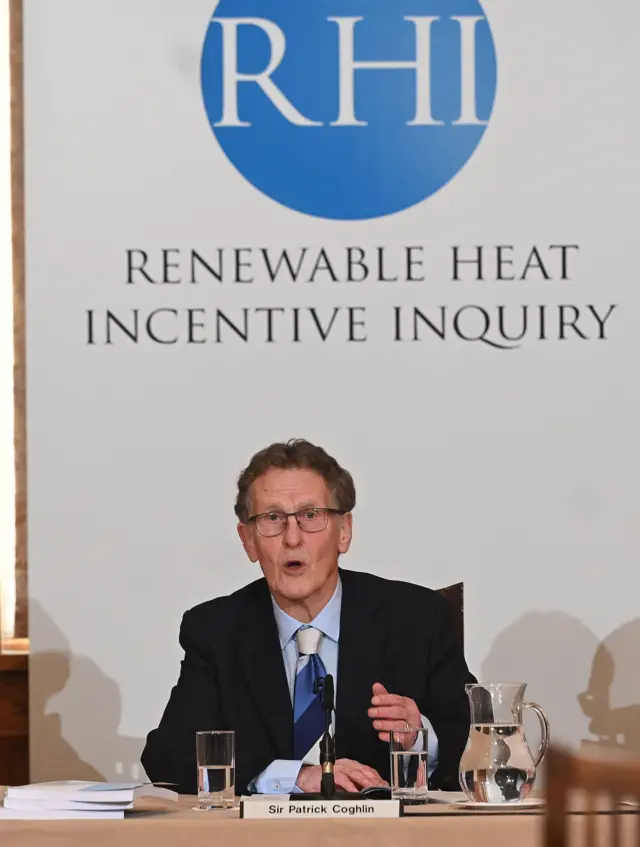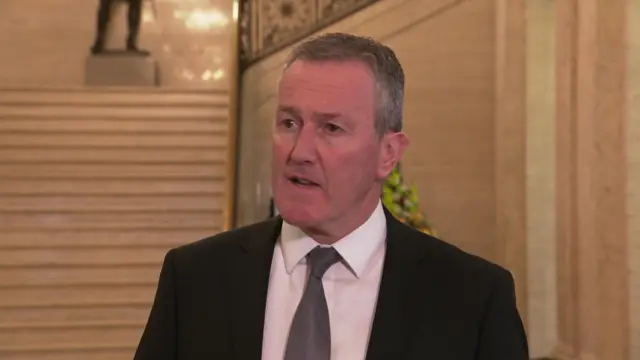'A multiplicity of errors and omissions'published at 16:13 GMT 13 March 2020
Sir Patrick explains no single person is responsible for the failure of the scheme:
"Responsibility for what went wrong lay not just with one individual or group but with a broad range of persons and organisations involved across a variety of areas relating to the design, approval, management and administration off the scheme throughout its life."
He says there was "a multiplicity of errors and omissions" and repeated missed opportunities to correct the flaws in the scheme.

